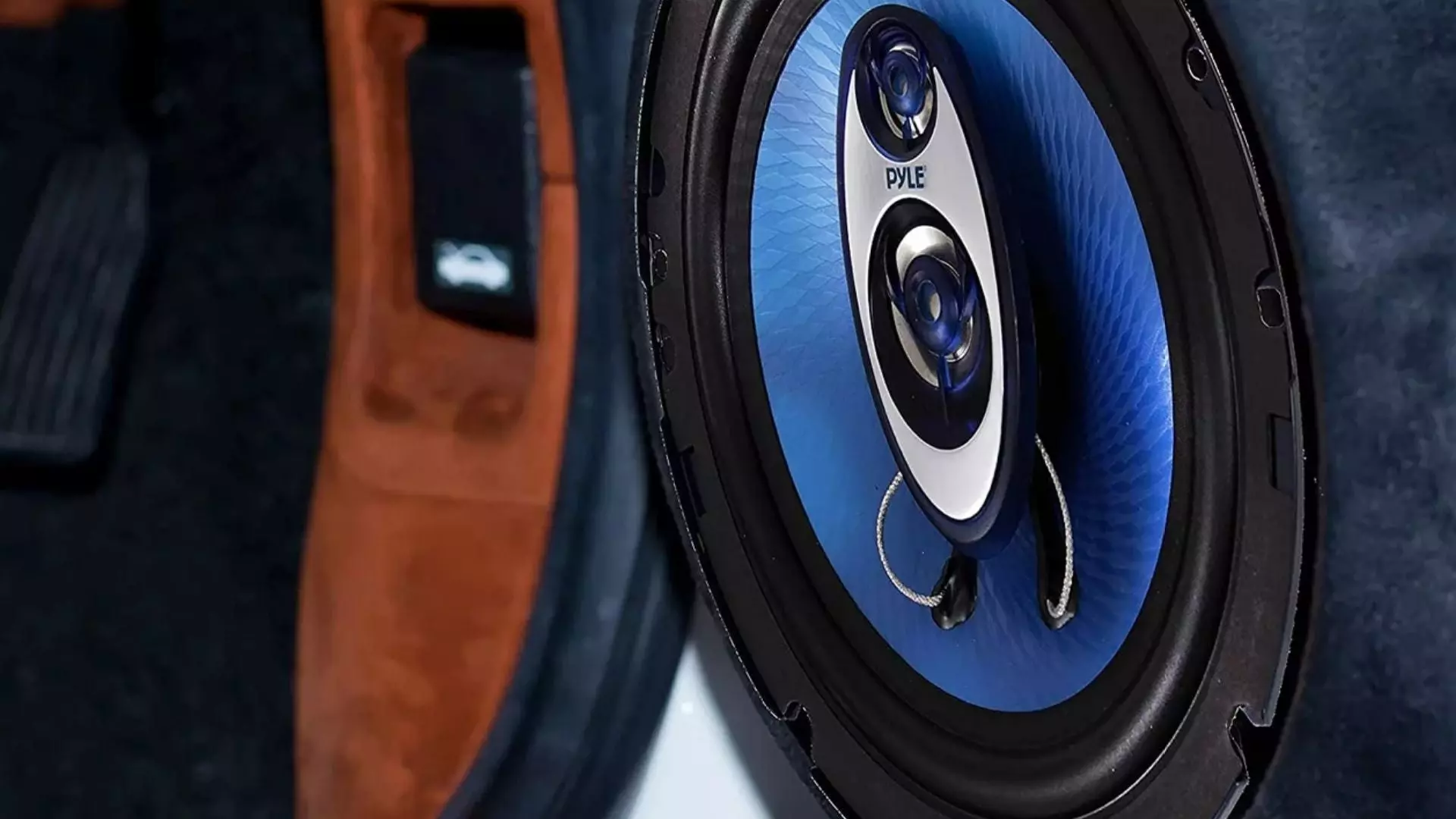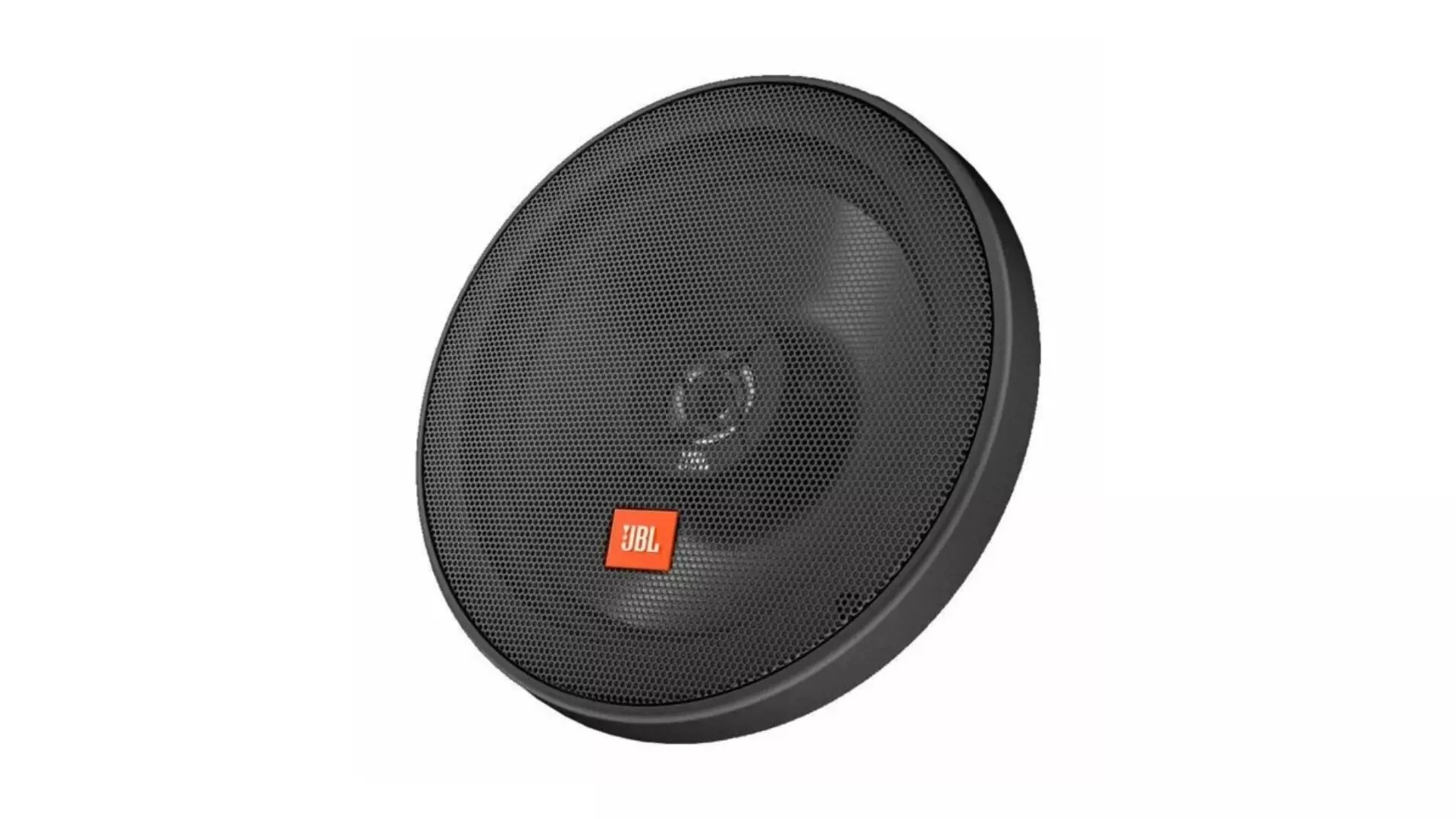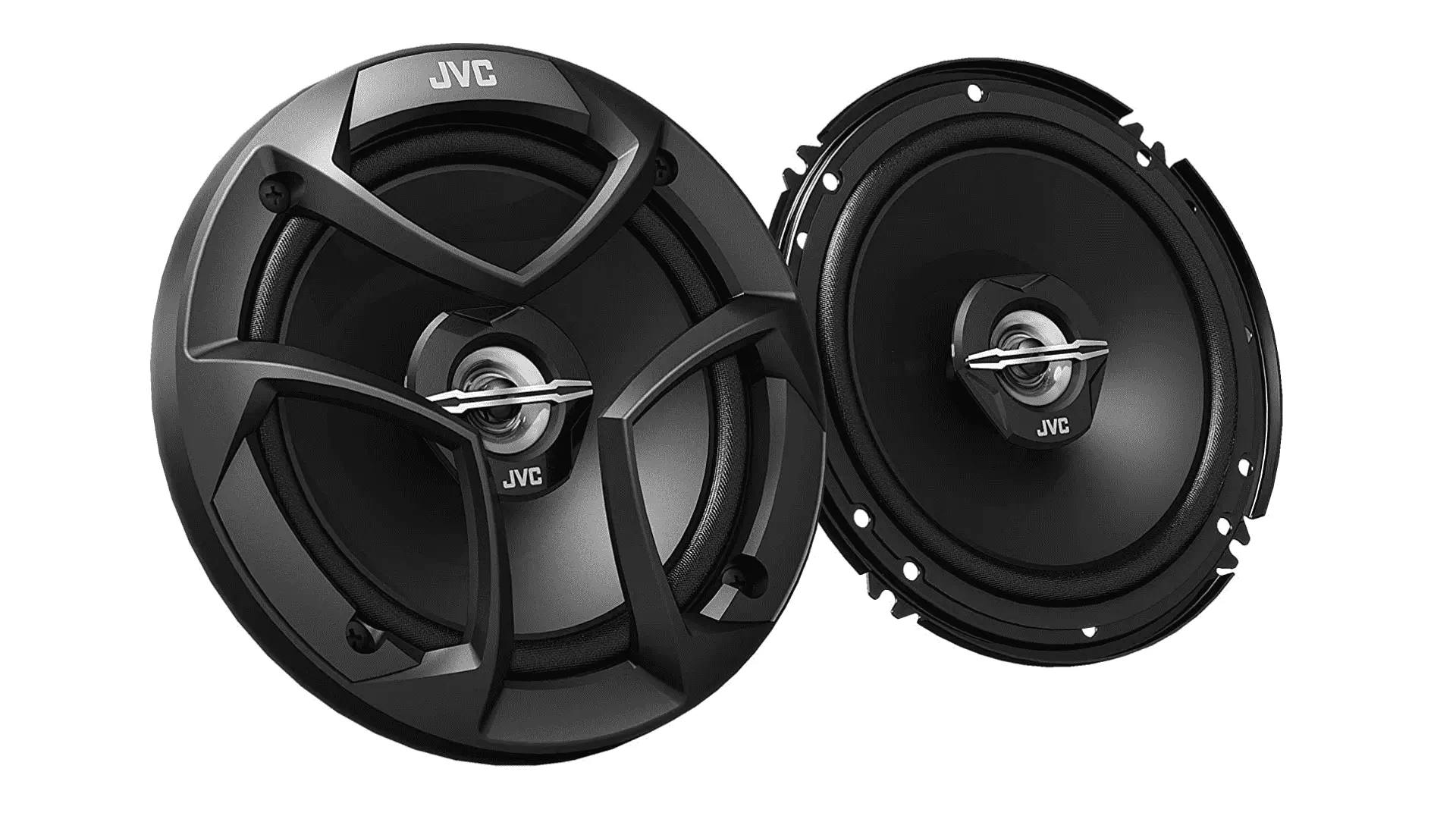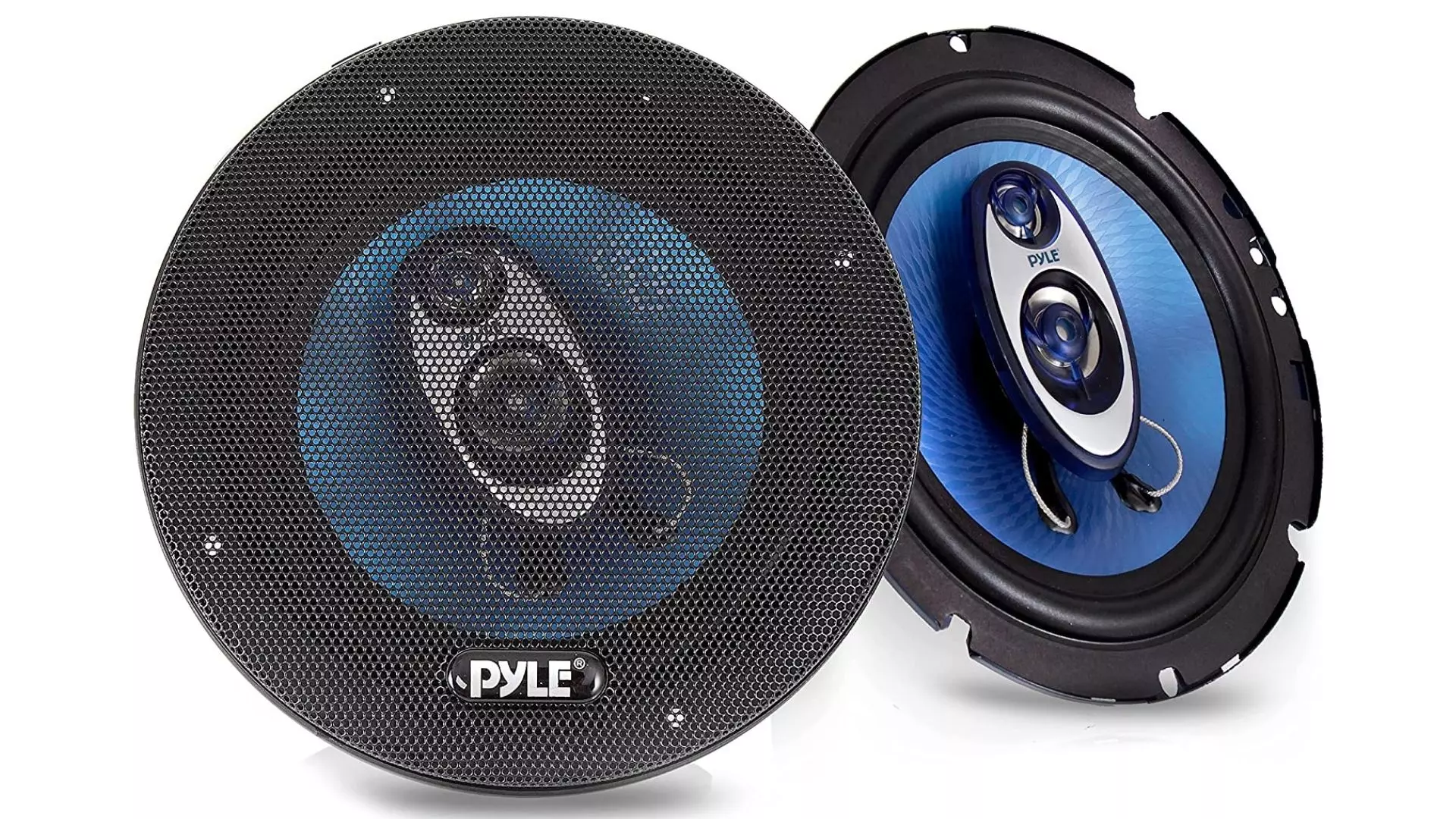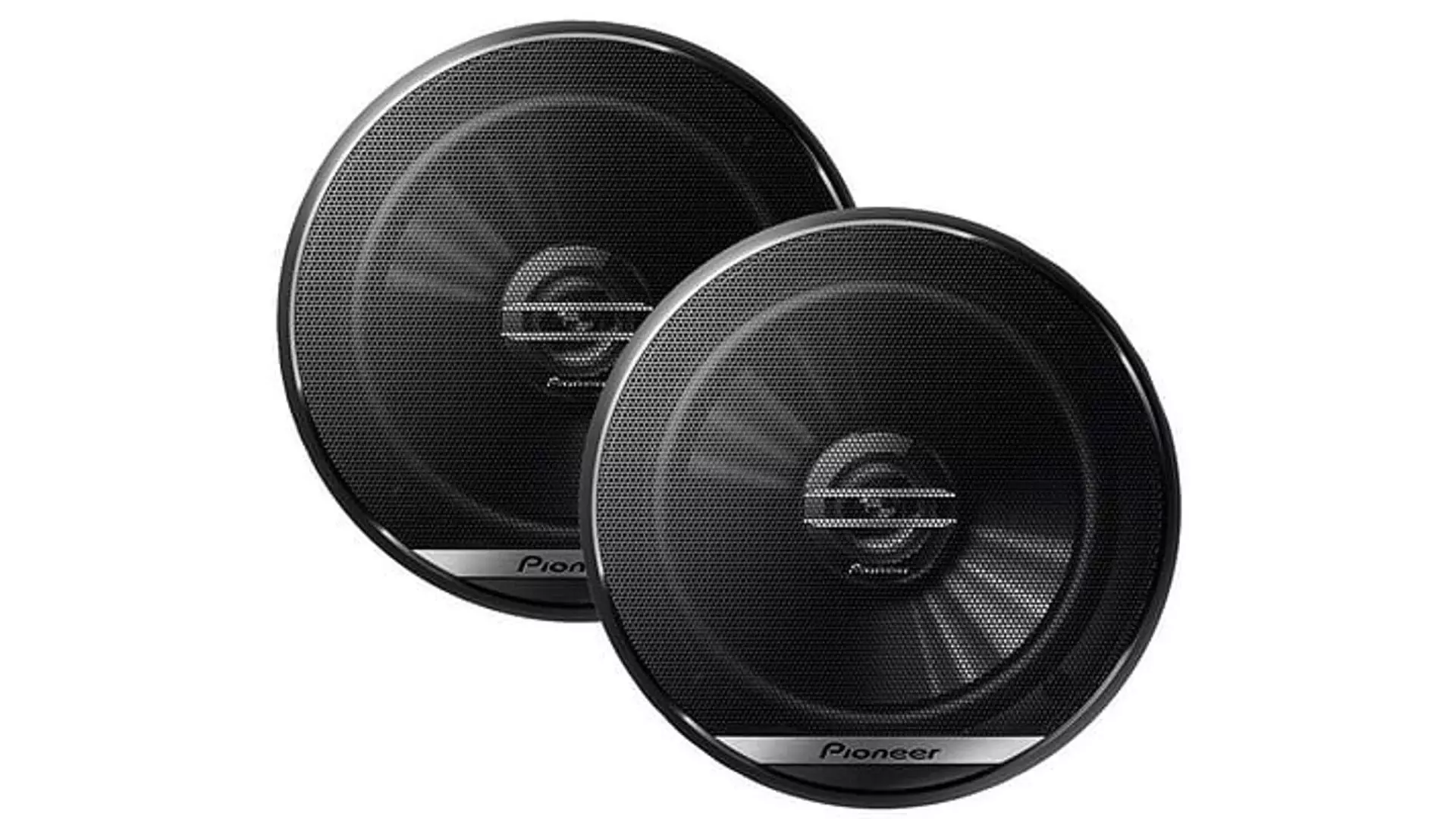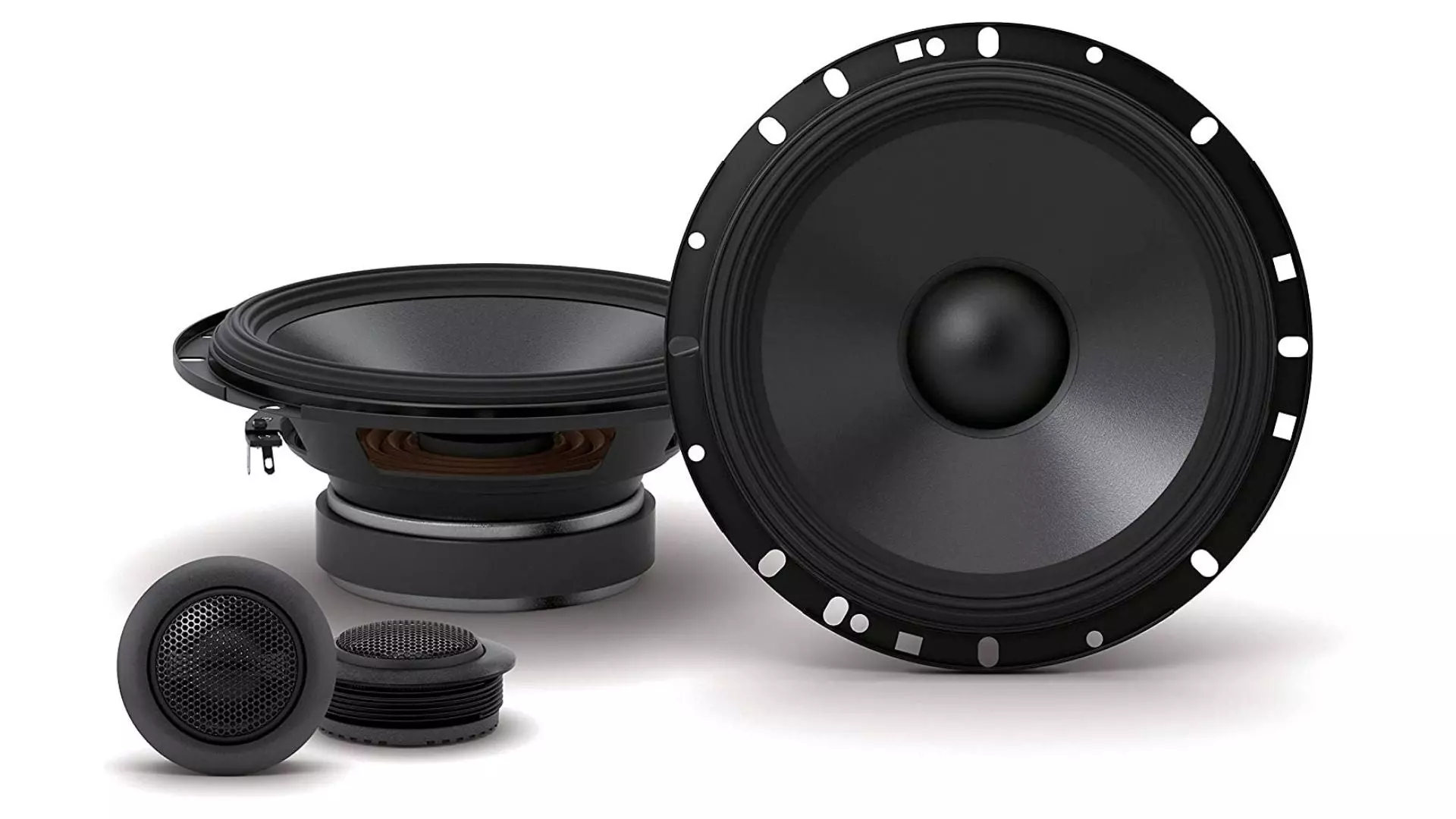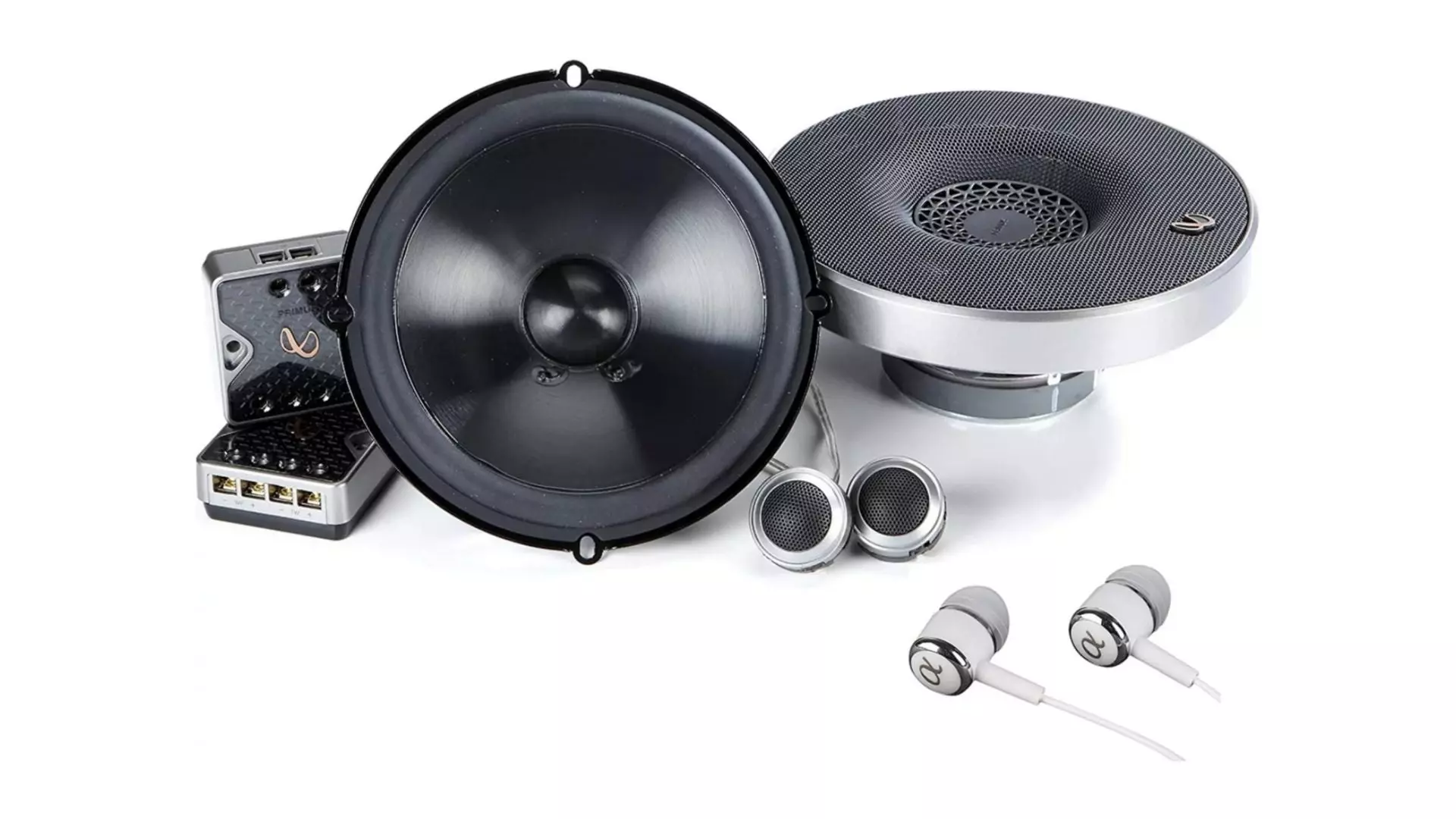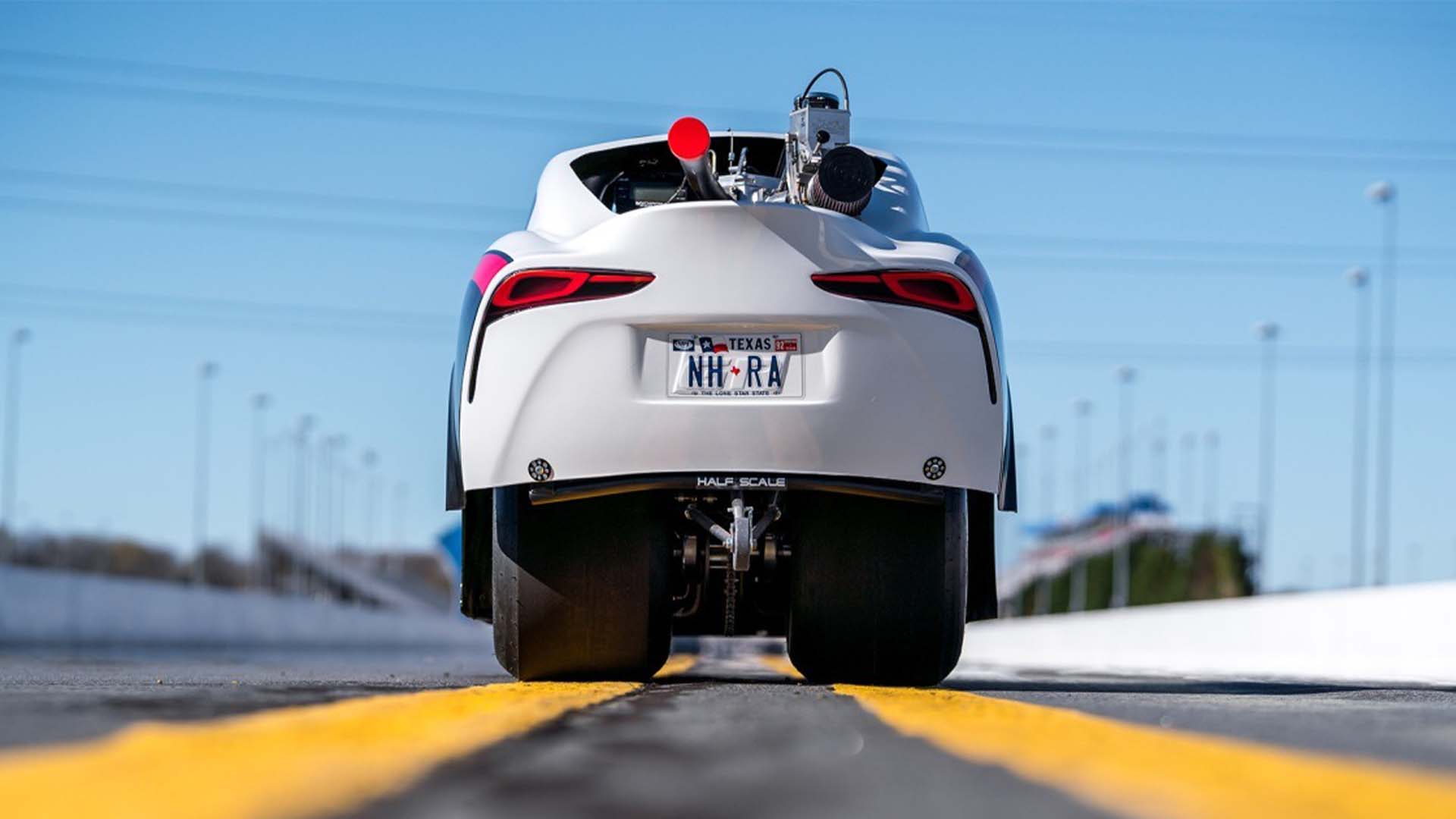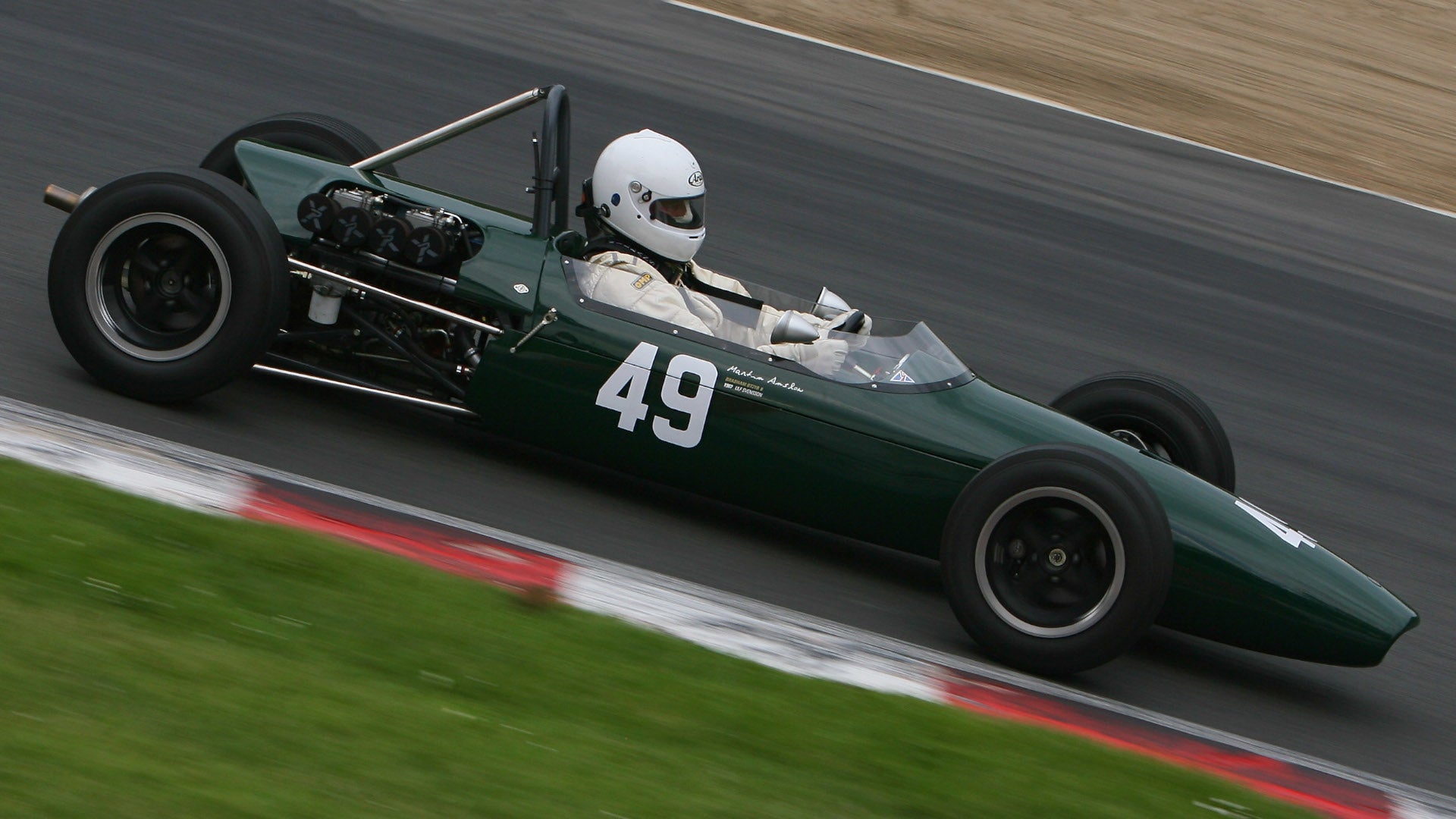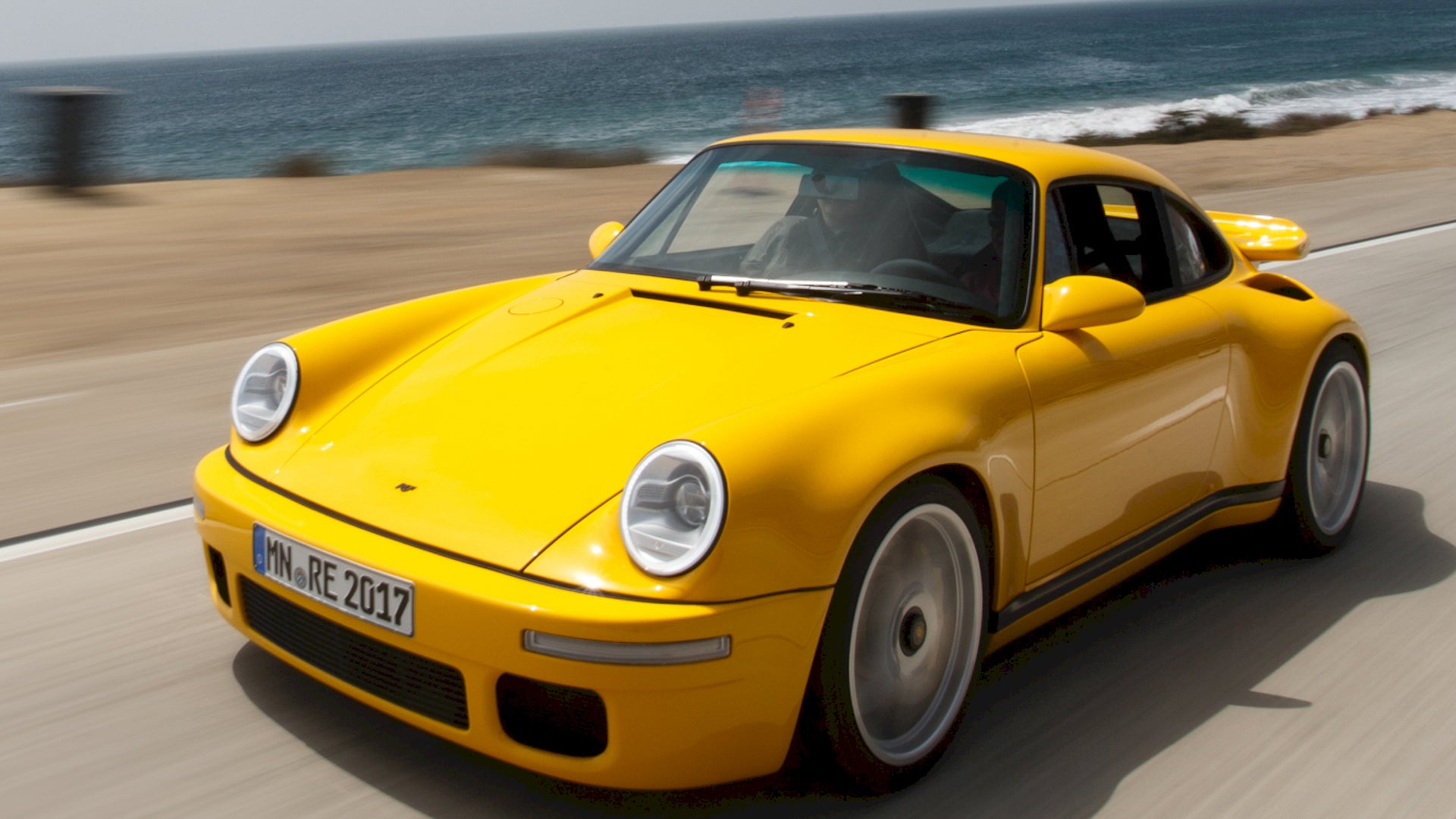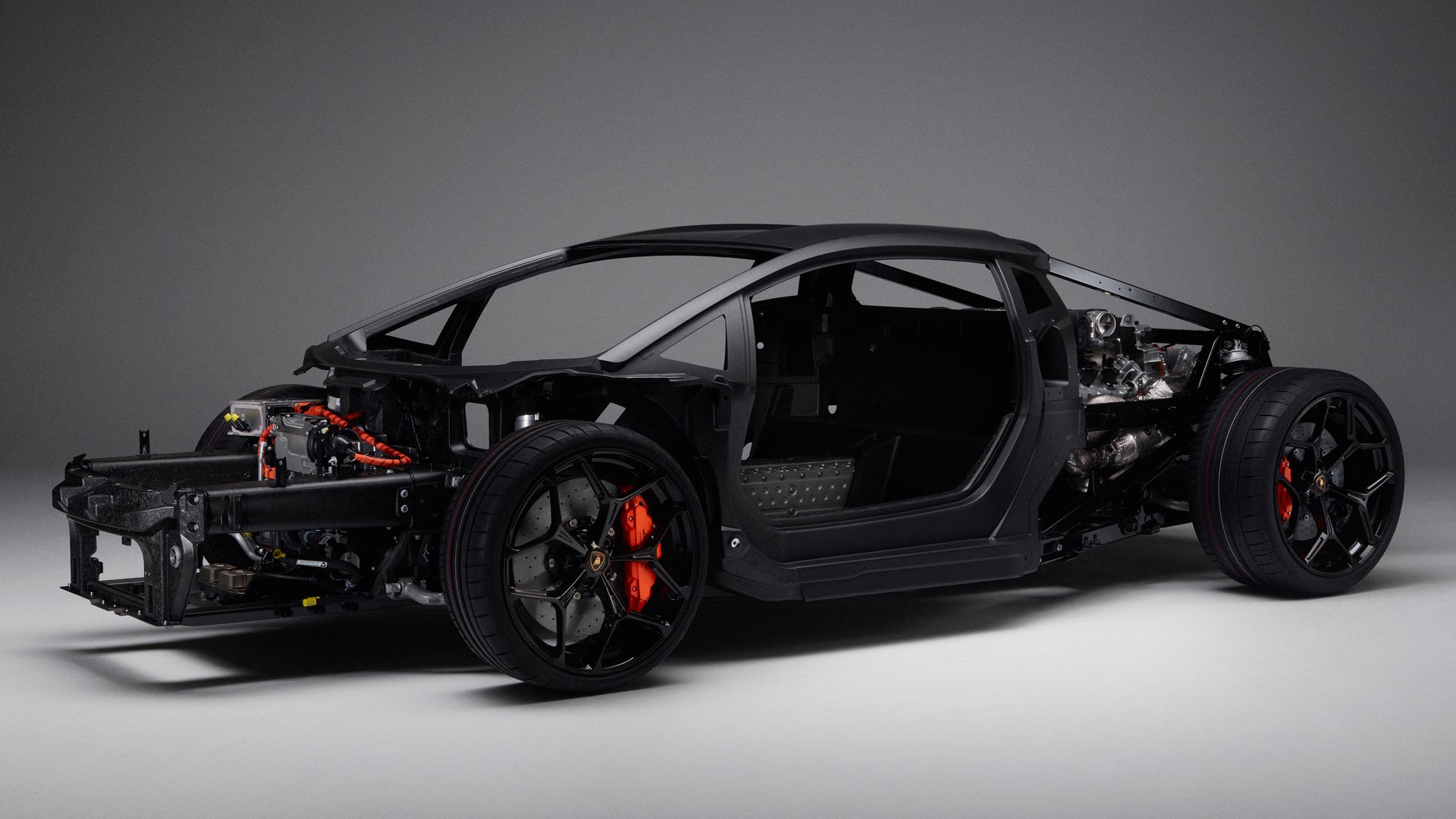- 1. JBL Stage 602 6.5 Inch Coaxial Car Audio Speakers
- 2. JVC CS-J620 300W 6.5 Car Speakers
- 3. KICKER 43CSC654 CSC65 6.5 Car Speaker
- 4. Pioneer G-Series 6.5-inch 2-Way Coaxial Speakers
- 5. Pyle 6.5'' Three Way Sound System Car Speakers
- 6. Alpine SPS-610C 6-1/2 Car Speaker
- 7. Infinity Coaxial Car Speaker
Unless we’re talking about race vehicles or all-original restorations, every one of us will entertain the idea of upgrading our vehicle’s speakers. Why? Because anyone can appreciate clear, crisp, quality tones when they’re trying to listen to anything to keep themselves entertained.
The good news is that you don’t need to be a stereo nut to get a little more out of your car’s sound system. You do want to put a little thought into what you’re picking out, though. You’re in the right place if you’re looking for a little help. Car Autance is ready to get you rolling. Let’s take a look at some of the best car speakers on the market, and talk through some key points you want to take into consideration while you shop.
Car Autance is reader-supported. When you buy through links on our site, we may earn an affiliate commission. Learn more.
Our Methodology
No, we didn’t have the pleasure of testing out all of the speakers you see below. That’s likely for the better because we probably would have blown our eardrums out during “testing.” Instead, we relied on our team’s collective experience with this segment and did our fair share of homework.
Is the list below the end all be all? Absolutely not. It’s just our take on the matter. Of course, we tried to consider all of the top names in the industry, but we also made sure to factor in pricing and the average consumer’s demands. That said, there’s something for everyone, but anyone looking for a niche or seriously high-performance components will likely want to do their due diligence to make sure they land the speakers that will get the job done.
- Best Overall: JBL Stage 602 6.5 Inch Coaxial Car Audio Speakers
- Best Value: JVC CS-J620 300W 6.5 Car Speakers
- Honorable Mention: KICKER 43CSC654 CSC65 6.5 Car Speaker
- Best Entry Level: Pioneer G-Series 6.5-inch 2-Way Coaxial Speakers
- Best Aesthetics: Pyle 6.5” Three Way Sound System Car Speakers
- Best Premium: Alpine SPS-610C 6-1/2 Car Speaker
- Best Bundle: Infinity Coaxial Car Speaker
Best Car Speaker Reviews & Recommendations
JBL is one of the best-known names in the car audio business, and the Stage 602 coaxial speakers are a favorite for many. Of course, the biggest draw is the price, which helps them fit into any budget. Price is nothing if the sound is awful, though. So, it’s good to know that many agree that these are an upgrade over many stock units. The 91-decibel sensitivity is largely to thank for their ability to perform. These are full-range speakers, but they are known for producing impressive base tones as well as decent performance across all ranges.
Are they perfect? No, they are a budget-friendly option, and they won’t compete with higher-end options and can even be a step down in better-equipped applications. Also, it’s worth pointing out that the durability isn’t as good as it could be with an aftermarket set of speakers. They’re a great middle ground.
- Brand: JBL
- Model: STAGE602
- Peak Power: 135 watts
Cost effective
Efficient design
Respectable performance across the board
Not as clear as higher-end options
Durability is a concern
The JVC CS-J620 is a solid contender for best value as it performs decently and comes in at an almost suspiciously low price point.
They produce premium sound with low distortion. Each speaker has a peak power of 300 watts and RMS of 60 watts. The woofer cones are made with a durable elastic mica material with a ferrite metal design. This enables the speakers to supply smooth mid-range and low-end frequencies. The tweeters, on the other hand, are made of poly-Ether Imide and Neodymium magnets. These materials work together to ensure the speaker has a functional and high-performing lifespan while supplying sound reaching about 92-decibel sensitivity from the range of 30HZ-21,000 HZ frequencies.
They aren’t high-end performers by any means, though. They are known to struggle with bass, and they do tend to rattle at high volumes. However, these issues are something to expect at such a low selling price, but they are what holds this back from taking the award of Best Value.
- Brand: JVC
- Model: CS-J620
- Peak Power: 300 watts
Affordable price point
Often an improvement over stock
Impressive sensitivity for the price
Poor bass quality
Rattle at high volumes
The KICKER 43CSC654 Car Audio Coaxial Speakers are a solid option for those looking to improve performance with the flexibility of running their system with or without an amplifier.This speaker design has a two-way design. They deliver top-notch performance and a clean, strong bass. They also pack a punch with a peak power of 300 Watts and a 4-Ohm that works best with 100 Watts of suggested power. It uses a strong motor and magnet construction with an Extended Voice Coil technology that is rarely found in other speakers. These speakers also utilize polypropylene woofer cones that are tough, textured, and UV-treated, ensuring an accurate linear excursion and consistency.
While these are not the most expensive speakers, the overall price may not work for some car owners. That said, the overall efficiency of 90dB, while good, isn’t exactly amazing for the amount of money you’re spending on this setup.
- Brand: Kicker
- Model: CSC65
- Peak Power: 300 watts
Produces quality sound
High-quality build
Decent performance with or without amp
Relatively high price point
This pair of speakers, which are perfectly sized for most vehicles at 6.5 inches, is entry-level, but they are still a step up from factory speakers. Pioneer is another big name in speakers, and you’re sure to be impressed by the construction and sound quality of the Pioneer G-Series 6.5-inch 2-Way Coaxial Speakers despite the low price. They’re made with Pioneer’s extra-strong and highly lightweight injection-molded polypropylene, with composite cone woofers that offer better sound sensitivity and less distortion. They also feature full mesh grilles and the Progressive Flex Suspension System Spider for better vocal and bass results. All of that makes for impressive performance in all ranges, and Pioneer even tosses in some mounting hardware.
While there’s very little not to like, it’s only fair to point out that these speakers are working with relatively low sensitivity. Also, some people complain about the lack of performance with bass, which is why this missed our pick for best overall.
- Brand: Pioneer
- Model: TS-G1620F
- Peak Power: 250 watts
Affordable price point
Durable construction
Decent performance across all ranges
Relatively low sensitivity
Bass performance can see improvements
The Pyle Company is known for its superb production of high-quality budget-friendly speakers. These 6.5-inch speakers definitely create that cozy environment where users can enjoy a wide range of quality sounds. The signature blue label series is not only a great high-performance option but also a very beautifully designed one too. The speaker features a peak power of 360 watts for each pair with 4 ohms that compensates for inadequate car wires. It comes with grills, wires, and the necessary mounting hardware.
As you can expect from the low price, these aren’t much of an improvement over stock. Even if they perform decently, they aren’t going to transform the sound quality of many applications. Also, it does seem that quality control is lacking for this particular brand.
- Brand: Pyle
- Model: PL63BL
- Peak Power: 360 watts
Distinct, yet tasteful design
Affordable price point
Decent performance for the cost
Not much of an improvement over stock
Quality control issues are common
The Alpine SPS-610C 6-1/2-inch “Component 2-Way Type-S Speaker takes our pick for Best Premium for a few reasons. The 1-inch silk dome tweeters are multi-dimensional, thanks to the included swivels, so you can fine-tune the sound in your car. As for the woofer material in these Alpine speakers, polypropylene is hard at work. These truly are constructed to be a step above stock in every way and are sure to provide the crisp, clear, but powerful sounds you need to wake you up after a long day of work.
About the only drawback is the cost, which is significantly higher than most entrants on this list. That said, there are also issues with the tweeters failing prematurely in some cases, which leads us to believe there are quality control issues at large.
- Brand: Alpine
- Model: SPS-610C
- Peak Power: 240 watts
Tweeters included
High-quality materials and construction
Respectable performance improvements for any vehicle
Relatively high price point
Quality control issues are somewhat common
With the handling capacity of 480 watts, these are some of the highest-rated in this price range. Even though it’s last on our list, Infinity is nothing to scoff at. The Primus two-way speaker set features a set of 6.5-inch speakers, and two tweeters. With the handling capacity of 480 watts, these are some of the highest-rated in this price range. A polypropylene cone and strong rubber surrounds also ensure that these speakers will last a very long time. They offer a 2.7-ohm impedance that takes on more power and facilitates wide-range compatibility. These details are enough to win over most sound lovers, and the inclusion of some earbuds is sure to seal the deal with any stragglers.
Unfortunately, these do have a relatively low sensitivity, which can be seen as undesirable for many car owners. It’s also worth pointing out that the tweeters tend to fail prematurely, which may or may not be linked to quality control issues.
- Brand: Infinity
- Model: PR9603IS
- Peak Power: 480 watts
High-quality construction
Tweeters included
Complimentary earbuds included
Relatively low sensitivity
Tweeters are prone to failure
Our Verdict on Car Speakers
Again, JBL Stage 602 6.5 Inch Coaxial Car Audio Speakers is our top pick because of the affordable pricing and improvements to sound performance. We feel it’s exactly what the average car owner will consider when looking to upgrade their sound system. The JVC CS-J620 300W 6.5 Car Speakers, on the other hand, is an obvious candidate for those looking to spend even less money.
What to Consider When Buying Car Speakers
Now that we have some basic recommendations out there, let’s get into the nitty-gritty. Speaker selection can be as simple as picking the size and type that matches the speakers you’re replacing. It can also be a highly scientific matter that requires some serious research. At the very least, you’ll want to consider the following details to ensure you’re setting yourself off in the right direction.
Types of Speakers
Coaxial Speakers
We’re starting with coaxial speakers for a reason. That reason is that most cars on the road use this type of speaker throughout the cabin. These are also known as full-range speakers because they are designed to produce a wide range of frequencies, with no particular emphasis on any. While they might not produce the absolute best sound quality, they can be very impressive if a well-built unit is selected. The primary upsides to this type of speaker are that they are generally the most affordable option, and their simplistic nature makes for the easiest install.
Subwoofers
Subwoofers and anything that follows in this section are considered component speakers. That’s because each is designed to enhance certain frequencies and mixing them together is the key to building that otherworldly sound system you might desire. That said, subwoofers handle your bass, so they’re responsible for reproducing the lowest frequency sounds to add depth and increase power. If you’re a big bass fan and want your ride thumping, you’ll want to add subwoofers to the mix.
Midbass
A midbass speaker is versatile and can reproduce mid to low bass frequencies, like bass drums and the lowest-octave vocal ranges. These speakers are pretty small in size, and are intended to cover lower and midrange frequencies. They are like a subwoofer in that bass tones are the target, only in higher frequency ranges.
Midrange
In the trend of gradually increasing frequency ranges, midrange speakers are next in line. These produce higher pitch sounds while offering decent detail and accuracy. These are the speakers that really bring most vocals and musical instruments to life. While these do cover the bulk of tones, it’s important to keep in mind that they are just a piece of the puzzle and will need to be paired with others for the sound system to perform.
Tweeters
Tweeters are the key to hearing those high sound frequencies. These are the speakers that pick up the top end of high-pitched sounds, improving the clarity of electric guitars, vocals, chimes, and anything else opposite of bass. These are petite in size at just half to one and a half inches, but don’t let the size fool you into believing these are anything but a vital component in a killer sound system.
Car Speaker Key Features
Size and Type
One of the first things you need to do is determine what your car has to work with and what you’re trying to achieve. If you’re just replacing busted speakers or are improving the factory setup without going all-out, you want to make sure you pick speakers that match the application. For this segment, we’re primarily talking about identifying the physical dimensions of the speaker, and what types your car has. Many aftermarket speaker suppliers make this process very easy with a year-make-model search that will tell you what speakers are compatible with your ride in factory form. Match the speakers to the location, and you’re ready to roll.
Power Handling and Sensitivity
The next detail you want to look at is the power range the speakers intend to work with. You’ll have to work with two numbers: peak power and RMS. Peak power tells us how much power, in watts, the speaker can handle in short bursts, while RMS (root mean square) tells us what the speaker can handle continuously. For simple replacements, lower values here are generally better as it means the speakers don’t need much power to work.
The efficiency is another key factor to pay attention to here. This is the decibel value provided with the speakers and is often called the sensitivity. Really what this number tells us is how much power it takes for the speaker to function. A higher value here is better as it means less power is required for it to produce sound. Keep in mind that building a custom sound system allows you to pick a speaker that you like and add an amplifier to make it function properly in your car.
Build Quality
Quality is such an important factor to take into consideration. At the very least, it’s worth investing in a slightly better set because even the temperatures your car is exposed to can have a major impact on the performance and lifespan of the speakers.
Everything from the surrounding materials to the cones and electrical components needs to be built well. As for what materials to look for, rubber surrounds are usually best. When it comes to the cones, what’s used will impact speaker performance, which is why ceramic, paper, polypropylene, and even metal are present. That said, it’s worth reading the reviews to see how well the materials used here hold up.
Car Speaker Pricing
You can pay anywhere from $30 to $300 or better for speakers. It really all depends on what type of speaker you’re buying, the quality, and build specs. If you’re building a custom system, it’s very hard to say exactly what you can expect to spend. However, it’s safe to say that you can expect to spend somewhere around $100 to $200 on speakers for simple updates. This is one of those situations where it’s usually better to spend a little more to ensure you’re working with high-quality components. However, there are some great speakers at reasonable prices on the market, which is why it’s important to read reviews before you write something off due to a low price point.
Tips
- If you found a set of speakers you really like, don’t worry about them not working with your car’s electrical system. Amps and other components can easily be added to get the performance you crave.
- Consider your exact model. The cabin shape, size, and interior features all play a role in how the speakers will sound.
- Adding sound-deadening doesn’t only help keep sounds out. It can work to amplify the performance of your sound system.
The Questionnaire
Car Autance answers all your burning questions.
A: Installing car speakers can go one of two ways. Either it’s a simple bolt-in replacement, or some modifications will need to be made. In the case that you’re just replacing your factory speakers, it’s as simple as accessing the speakers, unbolting them from their position, and attaching some simple electrical connections.
A: That ultimately depends on your vehicle’s specifications. However, power levels from 4-50 watts should do just fine in most situations. If you have a speaker that you know you really like, you can go bigger and add the amplifier you need to make them work.
A: Higher sensitivity speakers produce louder sounds with less power. So, the short answer is generally yes. Though, many other factors such as the overall quality will also come into play.
A: Car speaker sizing depends on the application and location of the speaker. That said, year make model lookups are your best bet. These will tell you what speakers are compatible with each location if you don’t want to go out and take measurements yourself.
A: The difference between a two-way and three-way speaker comes down to what is included in the system. A two-way speaker consists of a tweeter and woofer, which will cover the most basic sound ranges that your car stereo can produce. A three-way speaker will have the tweeter and woofer, as well as a mid-range, which picks up even more sounds. The three-way speaker will give you greater depth in the sound produced.
Sources:
- Vehicle Audio – Wikipedia
